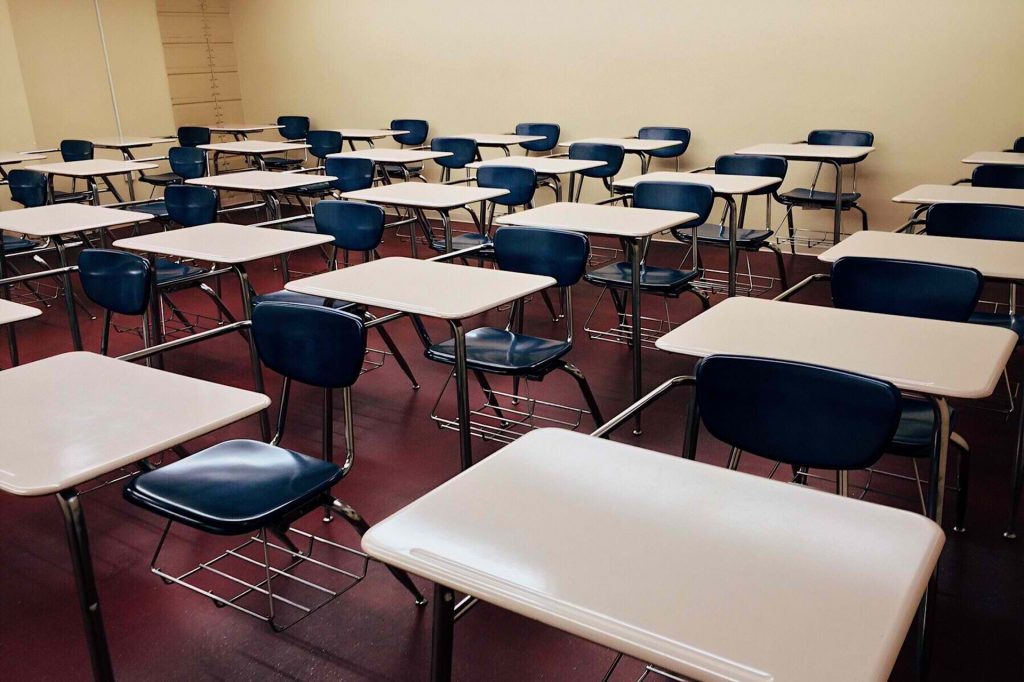News
School year unlike any other: A return to F2F classes

MANILA – After missing out on face-to-face classes and meeting new friends for more than a year due to the pandemic, learners once again get to cherish the joys of going to school.
In November, students in areas identified low risk for the coronavirus started to return to limited face-to-face classes across the country after 20 months of blended learning. It is a school year unlike any other and the Department of Education, along with other government agencies and partners, made strides in reintroducing face-to-face classes amid the challenges of the pandemic.
For Education Secretary Leonor Briones, the pilot run of limited in-person classes, which began on November 15, was “very successful.”
In her report to President Rodrigo Duterte on December 28, Briones noted the effective implementation of the in-person classes in all the schools that participated – public, private, and international schools.
Consequently, the schools have been able to operate safely during a pandemic, strictly observing health protocols. There were no reports of Covid-19 cases and serious incidents involving learners.
Teaching and non-teaching personnel involved in the pilot were also required to be vaccinated against Covid-19 to ensure the learners’ safety.
“So, we believe that we can proceed, and we thank you for your permission given to the DepEd and the Department of Health as well as the DILG (Department of the Interior and Local Government) to continue the assessment of schools which can be eligible for the expansion of face-to-face, Mr. President,” Briones said.
The department remains hopeful to expand the number of schools that can implement face-to-face learning, subject to the approval of the president.
Amid hesitancy from some parents and students, thousands of students in about 100 schools nationwide reopened for limited in-person classes.
A total of 20 private schools followed suit a week after. Meantime, 28 public schools in the National Capital Region joined the pilot run of limited in-person classes on December 6.
The participating schools were allowed after meeting the qualifications set by concerned government agencies – correspondence from their local governments, low-risk classification for Covid-19, and passing school safety assessment tool.
As for the participating learners, only those who were able to secure consent from their parents, have no comorbidities were allowed to join the classes.
The limited in-person classes covered learners in Kindergarten to Grade 3 Level and Senior High School (SHS) taking Technical-Vocational-Livelihood Track.
The class sizes were also limited with 12 learners in Kindergarten; 16 for Grades 1 to 3; and 12 for SHS.
Higher enrolment figures
From 26.2 million enrollees, the figures went up to 27.2 million for the school year 2021-2022, a four percent increase, data from the Learner Information System in November showed.
The department described this as “a strong showing of trust” of learners and parents to DepEd in providing learning opportunities amid the pandemic.
“We also reduced errors in our self-learning modules (SLMs) as we established stricter quality control mechanisms. We expanded the features of DepEd TV, DepEd Commons, and other regional initiatives for blended learning,” it added.
Enrollment in the Alternative Learning System, on the other hand, is at 239,616 – 359,749 or 60 percent less than last year’s 599,365.
Based on the DepEd’s timeline, the expansion phase of the limited face-to-face classes is set to start in January 2022.
Prior to reopening, the Philippines was among five countries in the world that have not started in-person classes since the pandemic began.
The United Children’s Education Fund expressed support to the Philippine government in welcoming children back to schools as it started its pilot of limited and voluntary in-person classes in minimal-risk areas.
“We acknowledge that implementing in-person schooling in the context of the Covid-19 pandemic poses many challenges and is not without risk. However, in the context of learning to live with endemic Covid-19, available evidence confirms that starting in-person classes as soon as possible brings greater benefits than risks,” it said in a joint press statement with the World Health Organization and the United Nations dated November 15.
It said pilot in-person schooling is a “positive step” which provides an opportunity to learn how to manage and minimize the risk of infections in school settings. This can then be applied as in-person learning expands to other areas and schools.
UNICEF awarded the DepEd a five-star rating across all levels of basic education for the country’s readiness to deliver remote learning in response to school closures.
Rehabilitation of schools after ‘Odette’
Briones reported that a total of 29,671 schools and 12 million learners were in 11 regions were affected by Typhoon Odette, the strongest to hit the country this year.
She added that the DepEd has allowed the use of 656 public schools and 3,671 classrooms as temporary evacuation centers upon the request of the DILG.
“So, we will need PHP 73.43 million to replace the non-infrastructure damages and so on and so forth,” she said.
Following the instructions of Duterte, the DepEd checked on its Quick Response Funds where it still has PHP3.8 million and PHP227 million savings from current funds and continuing funds which have been downloaded to the regional offices.
“We also identified, Mr. President, 200 million more in funds with the Department of Education, which we will use to fund the printing of modules which are still necessary for our face-to-face or our blended learning approach,” Briones said.
With this, the DepEd encouraged the private sector and religious organizations to give donations of any kind so that learning would continue in the areas hardest hit by Typhoon Odette.





















